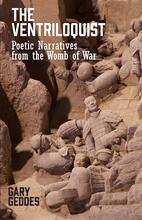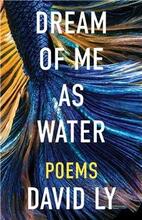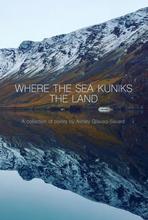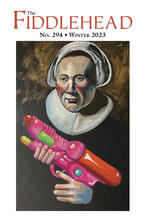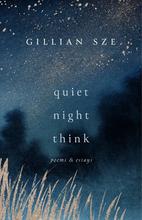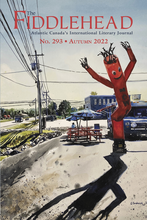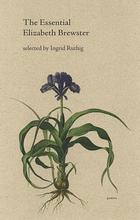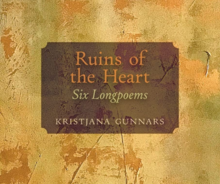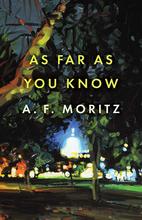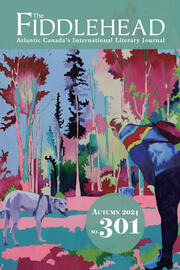Kevin Bushell: Poetry — not a jeux des mots but a weapon used to battle for historical truth, Review of The Ventriloquist: Poetic Narratives from the Womb of War by Gary Geddes
The current geo-political events in Ukraine make the release of Gary Geddes’ latest collection, (The Ventriloquist: Poetic Narratives from the Womb of War (Rock’s Mills Press), all the more timely. Geddes has gathered in this one collection four previous books on the theme of war: Letter of the Master of Horse (1973), War & Other Measures (1976), The Terracotta Army (1984), and Hong Kong Poems (1987).
